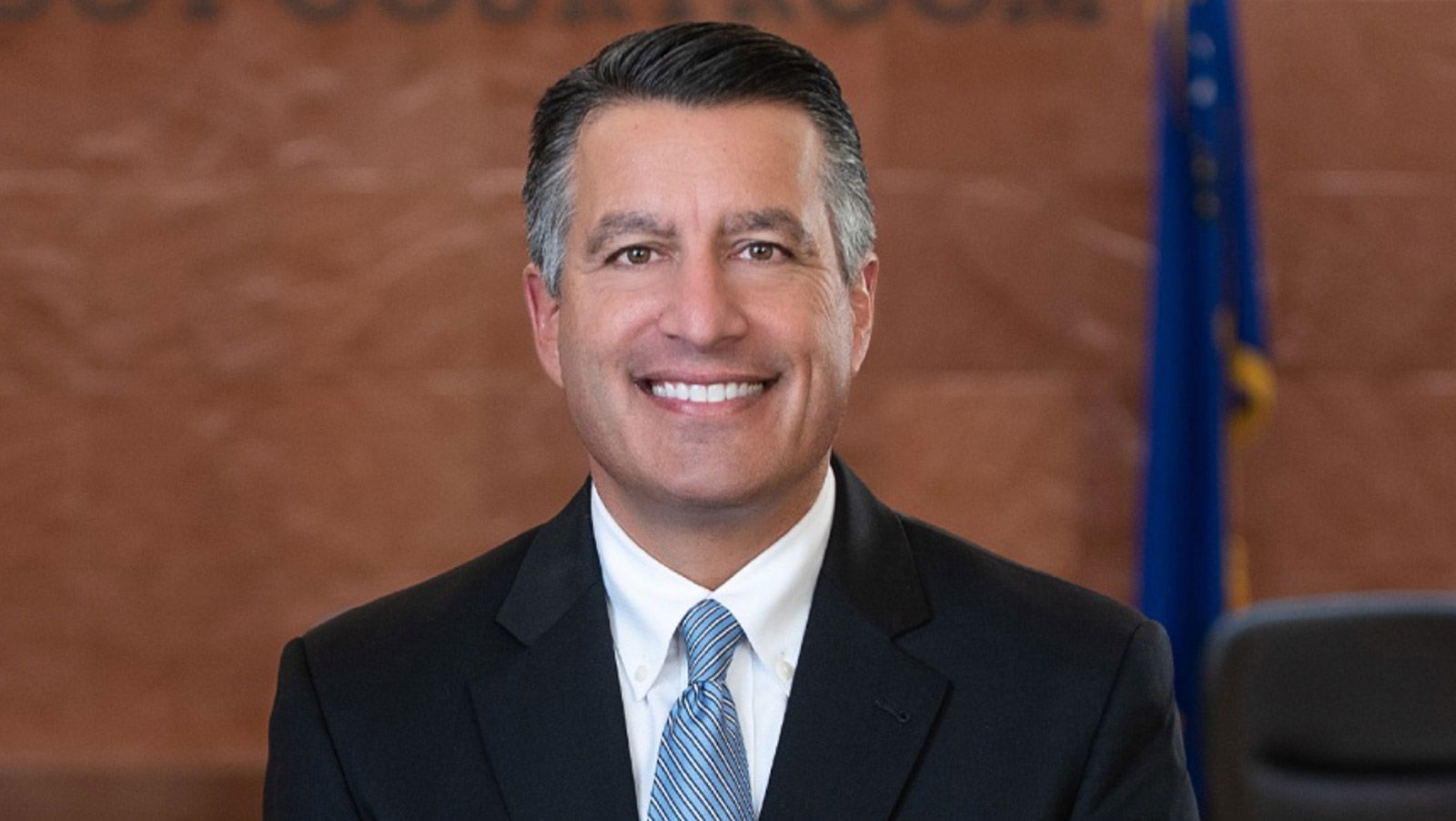Online poker poised for growth in New Jersey

Rebuck said that despite the regulated New Jersey market having generated lower-than-expected figures during its first full year of operation, the state still has plenty to be proud of in terms of what it has achieved so far. Looking ahead to the next twelve months, Rebuck said that the DGE would consider various ways in which the department can help operators expand their services in the state, with a particular focus on payment processing and compacts with other regulated jurisdictions.
Rebuck noted that many players in the state still experience problems accessing services, especially when it comes to making deposits using certain credit and debit cards.
However, he said that the DGE has been in discussions with various financial institutions in an effort to solve this ongoing problem. “The Division has been in discussions with the New Jersey Department of Banking and Insurance and the US Office of the Comptroller of the Currency (OCC) to address the difficulties related to payment processing,” Rebuck said.
“A new credit card code has been created for legal online gambling transactions and it is expected to be in effect for the spring of 2015. As the banking industry becomes more familiar with legalized internet gaming and patrons become more educated about the various options for funding their accounts, further improvements are expected in this area.”
Rebuck also believes interstate compacts remain a possibility and that New Jersey will attempt to link up with other regulated jurisdictions in order to expand its own market.
“The legislation that authorized internet gaming specifically permits the Division to enter into multi-jurisdictional agreements,” Rebuck said. "The Division has been in discussions with other jurisdictions, such as Nevada and the United Kingdom, but no compacts have been entered to date.
“The Division is open to discussions in this area and always seeks to ensure that any agreements are most beneficial to New Jersey’s Internet gaming industry.”
















